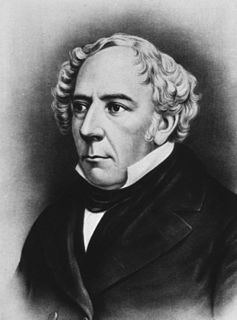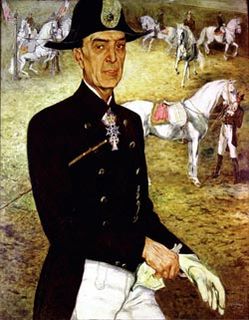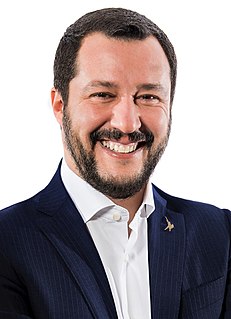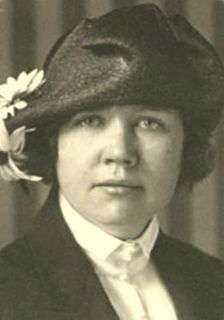A Quote by Samuel P. Huntington
Fascism and communism have not entirely disappeared but have been sidelined certainly, and liberal democracy has come to be accepted, in theory at least, around the world, if not always in practice.
Related Quotes
Where freedom of religion has been attacked, the attack has come from sources opposed to democracy. Where democracy has been overthrown, the spirit of free worship has disappeared. And where religion and democracy have vanished, good faith and reason in international affairs have given way to strident ambition and brute force.
I really am a pessimist. I've always felt that fascism is a more natural governmental condition than democracy. Democracy is a grace. It's something essentially splendid because it's not at all routine or automatic. Fascism goes back to our infancy and childhood, where we were always told how to live. We were told, Yes, you may do this; no, you may not do that. So the secret of fascism is that it has this appeal to people whose later lives are not satisfactory.
With all of its false assumptions and evil methods, communism grew as a protest against the hardships of the underprivileged. Communism in theory emphasized a classless society, and a concern for social justice, though the world knows from sad experience that in practice it created new classes and a new lexicon of injustice.
In the 19th century it was basically nationality and people trying to define their nationalism and create states which would reflect their nationalism. In the 20th century, ideology came to the fore, largely, but not exclusively, as a result of the Russian Revolution and we have fascism, communism and liberal democracy competing with each other. Well that's pretty much over.




































